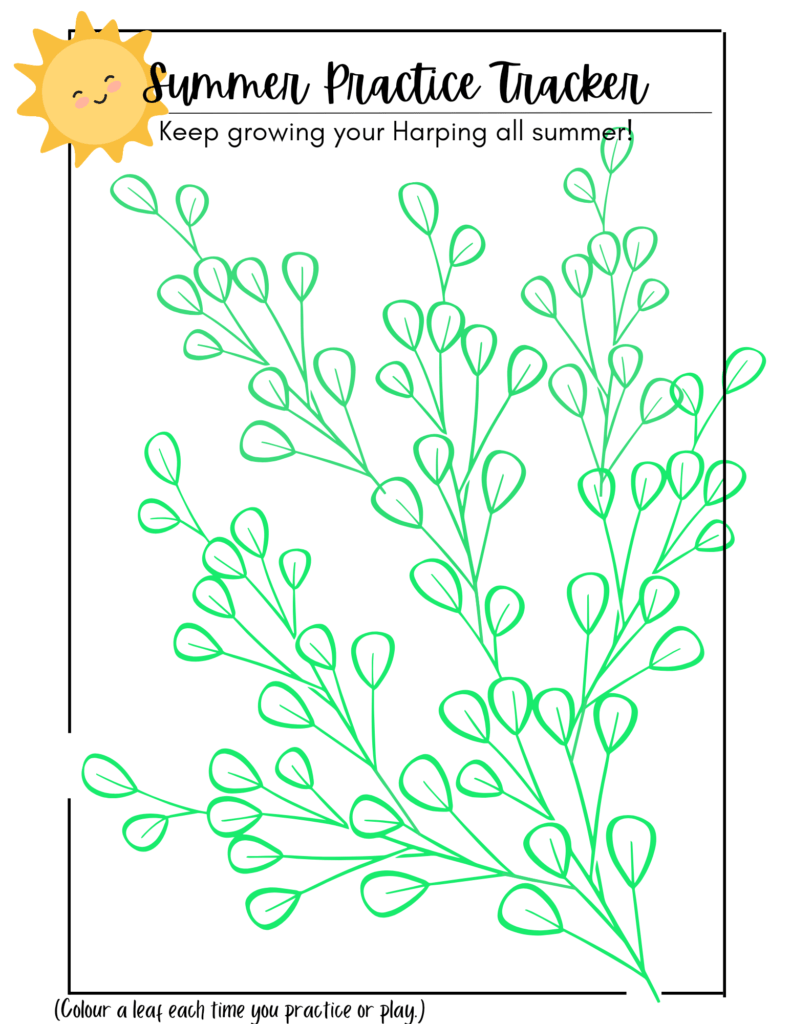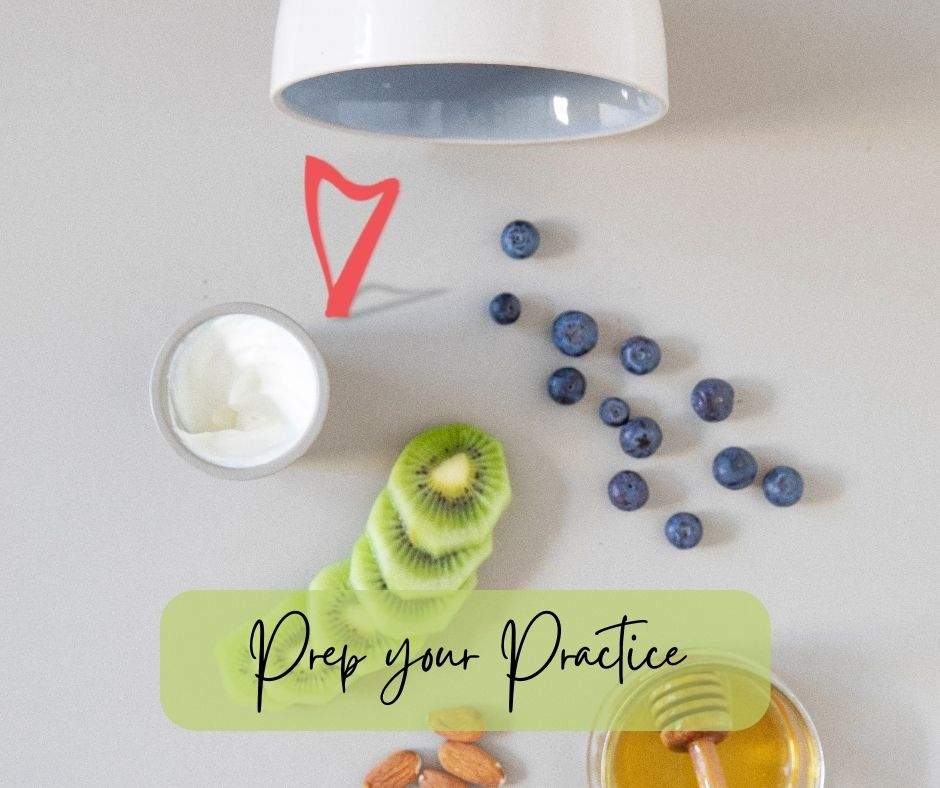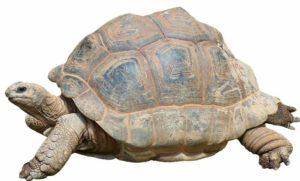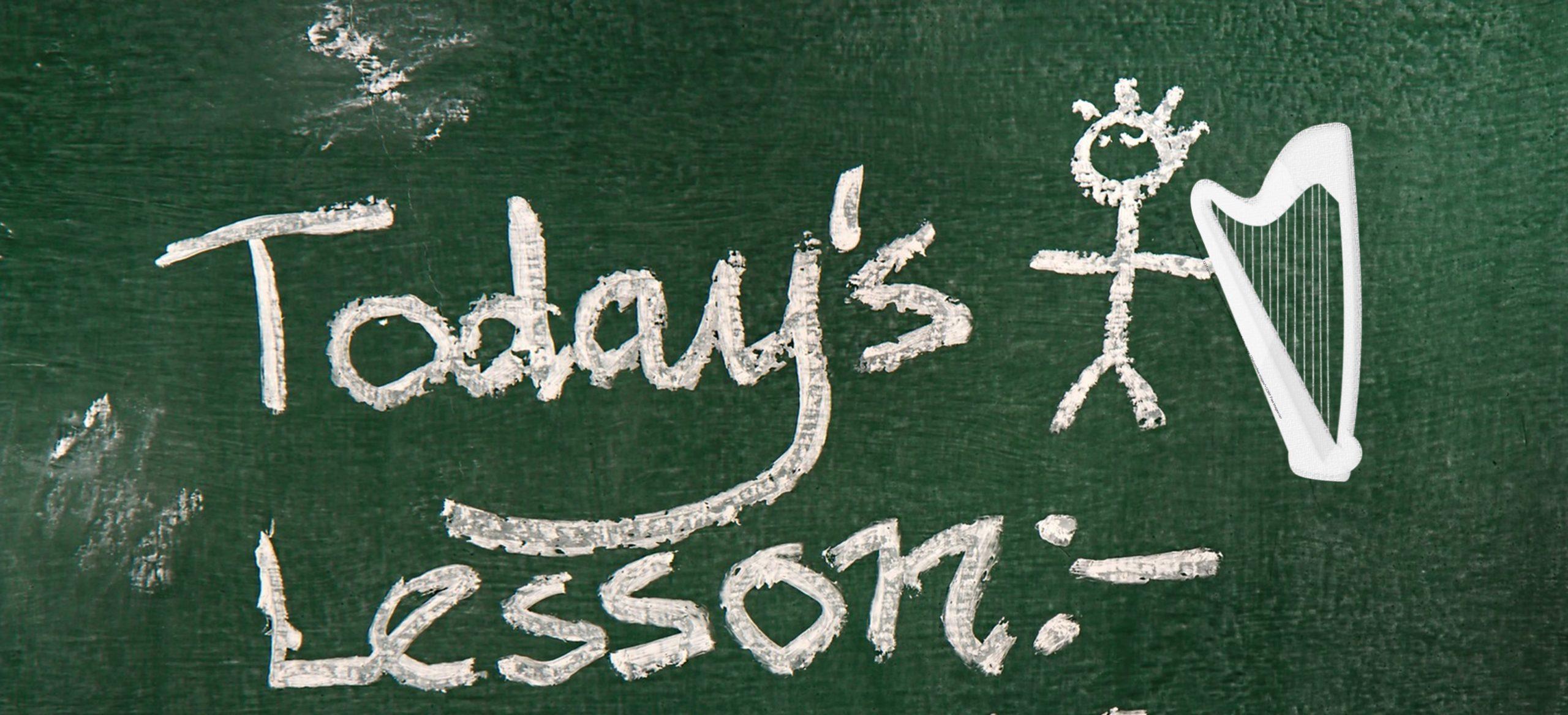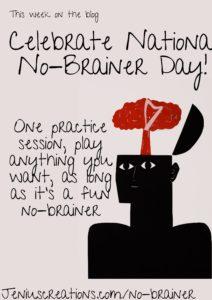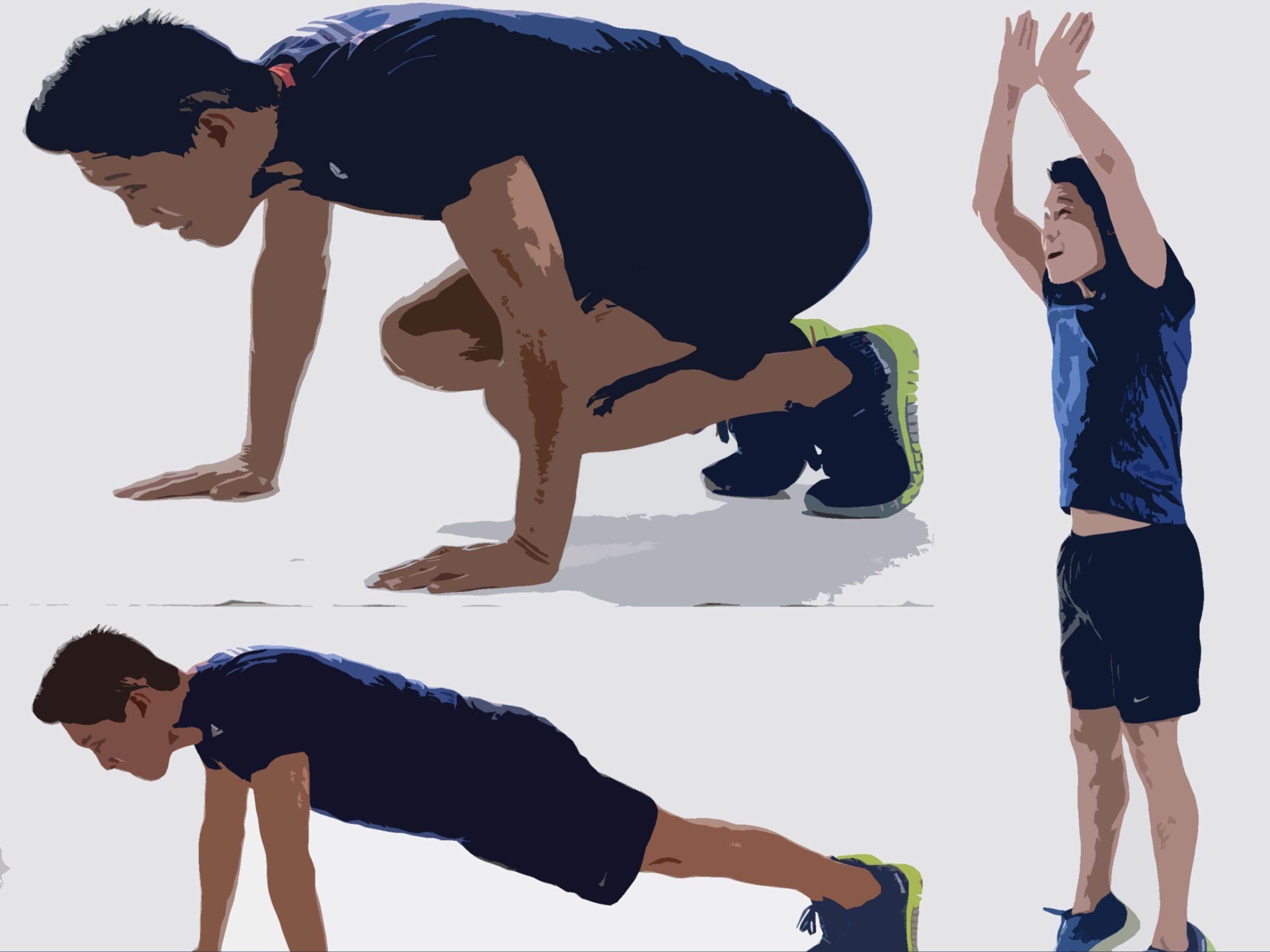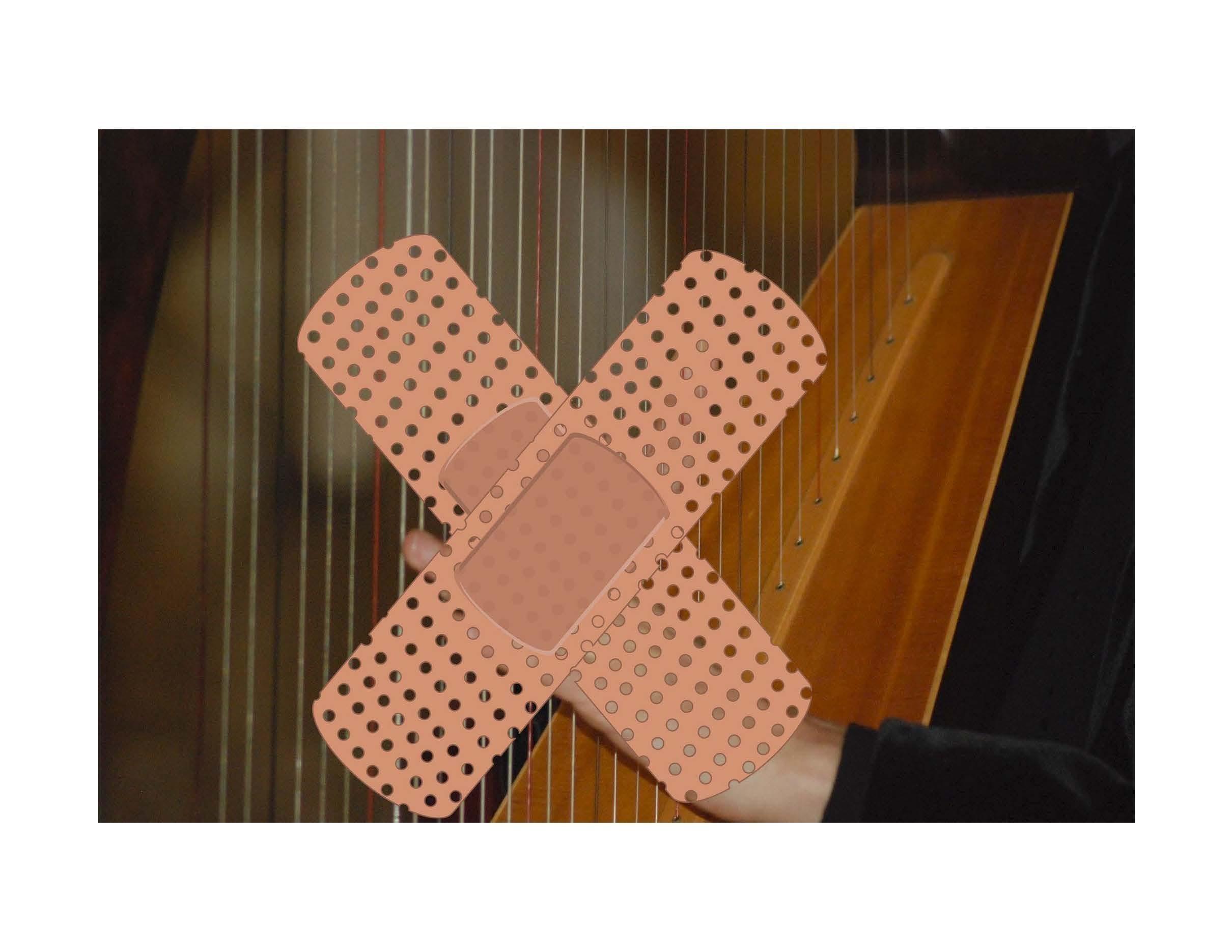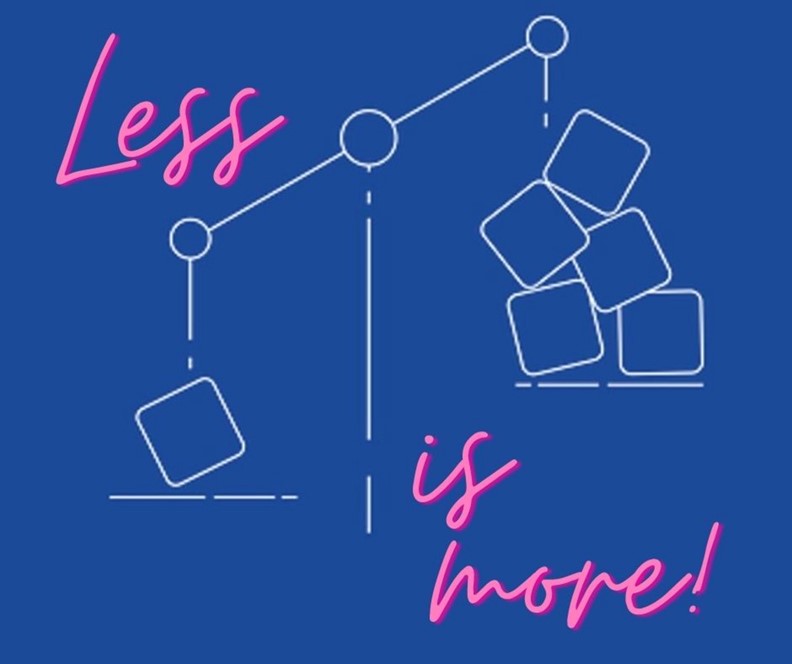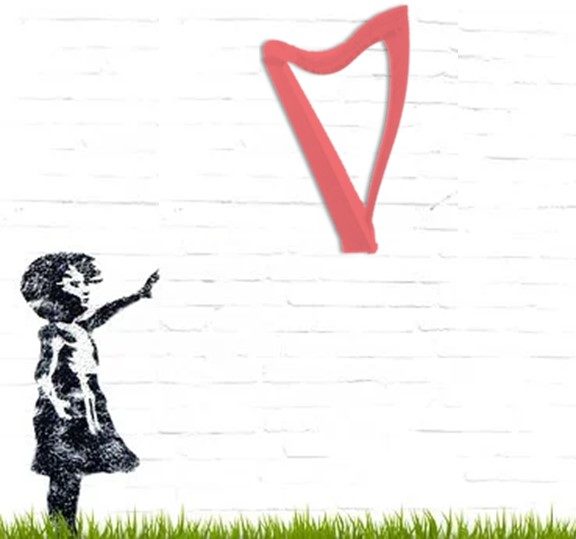Practice Improvement
Do you ever feel like your practice needs fixing? Like you should be doing something more but you’re not sure what? After all, you do all the things (as the meme says). And it’s our busy season coming, with friends, family, church, civic organizations, even strangers on the street, all asking for music for events or just to create a holiday vibe. It is a gift to share your gift. So the question is, is your practice ready or is your practice static?

Unfortunately, we can’t just wrap bows around our hands (or our brains!) and be ready to present our gift. So we practice. And practice. And practice some more. We listen to the gurus (I’m going to be presumptuous and add myself to that list!) and try to follow their advice. We do the technical work, and we write down everything, we make recordings, we do repetitions, we make exercises from fumbles, we repeat and repeat and repeat. Just like the “people who know things” tell us to.
But sometimes even all that might leave you feeling like you still don’t quite have it. Like all that practicing you should be doing isn’t getting you where you want to be. Ever feel like that? Oh, it’s just me? Ok, well…yeah, I didn’t think so.
There’s just one problem with what I’ve described, and with “doing as your told” in general. And that is that you can’t be static – not moving, not changing.
You have probably cobbled together (from all that guru advice) that you should do your technical work, then do your learning, then do your polishing, then play for fun and call it a day, invariantly, in that order. But that may be where your unease is coming from!
You can’t always practice the same way all the time. Mostly because you don’t always need the same thing from your practice each day. There are so many factors that go into what you need to practice each day –
- what you’re working on
- what you’re working toward
- what you’re doing the rest of the day
- how tired you are
- and more – all those things that impact everything in your day
So how should you practice? Well, start by knowing that, just like your learning, your practicing cannot be static. It has to change to fit what you need.
But how do you know what you need? Well, as a beginner you might have to depend on your teacher to tell you – after all, you’re a beginner so you probably don’t know where to start and a teacher will certainly help with that. But as you become more accomplished, you will be able to notice what works for you (and what doesn’t). Before we go on, noticing what works is not the same as convincing yourself that practicing all the easy stuff is good and working on something you don’t want to do/don’t feel comfortable doing/is challenging can be skipped…these are usually the things you most need to work on (don’t ask me how I know this).
Practicing is the time to find what works for you – and what doesn’t. It’s the opportunity to try different approaches to your music – play faster, play slower, try shoving your way through, break everything down, listen to a recording, read the music, listen to a recording while reading the music, work backward, work phrase by phrase, walk away and come back with a clearer head, sit until you get it, repeat 3 times, 10 times, 100 times, sing it, play it on another instrument (all things some guru has probably suggested to you before).
What do all of these approaches have in common? They require that you pay attention. No formulaic, mindless practicing! Be critical (but not self-critical!). Note what seems to help you move forward for each of a variety of situations. Be open to changing as needed – and as the situation requires. Follow your progress like it’s your favorite facetictweegram influencer! Remember to start with your goals in mind so your can modify your process to get there Focus on your progress and don’t be static!
What have you noticed impacts your practice success? How do you modify your practice? How do you keep track of what you’ve done that worked and what didn’t? Let me know in the comments!
